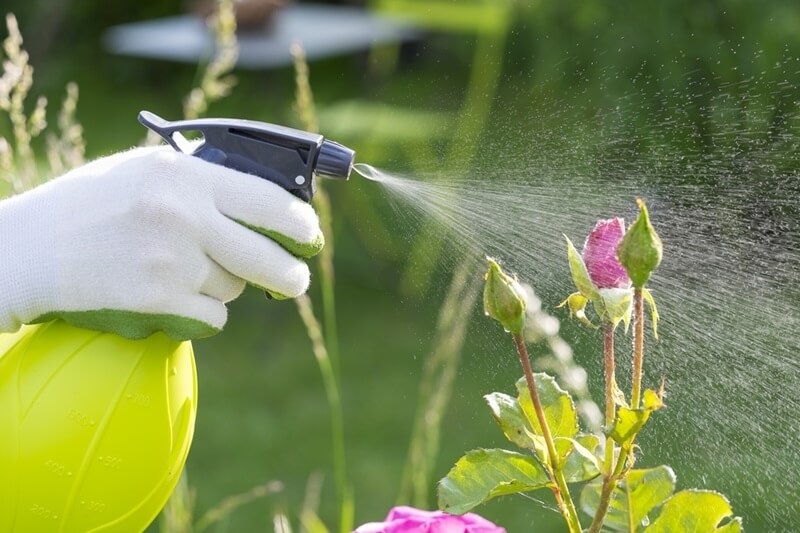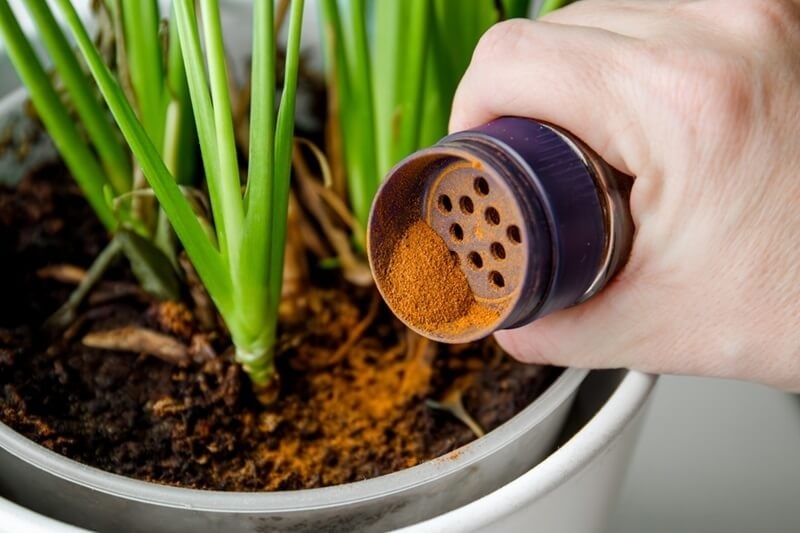
One of the most enjoyable pastimes is gardening. Seeing the plants that you have nurtured grow, flower, and give you fruit is a very satisfying experience. Furthermore, with the pleasure comes one big problem-pests. Insects, beetles, and worms that are small in size can destroy your plants greatly in a very short period of time.
Many gardeners apply chemicals for fast outcomes. However, these not only pollute the environment but also decrease the quality of your soil. Through the use of natural pest control methods, you can not only keep your garden clean but also make it healthy while at the same time staying away from the use of strong chemicals.
The blog presents simple and practical methods to adopt, which will help you to maintain a pest-free green garden without using any harmful products.
Before getting to the step-by-step procedures, one must first understand the significance of natural methods of pest control. Chemical pesticides might solve the bug problem in no time, but at the same time, they contribute to the death of pollinators like bees and butterflies.

Here are some natural pest control tips to protect plants without chemicals:
Strong and healthy plants are the ones that are less vulnerable to pest attacks. Creating nutritious soil is your initial step in natural pest prevention. Compost, organic matter, and mulch not only give the soil and plants the needed nutrients but also help the soil to maintain water and air balance. The roots of the plants that have been nurtured in rich soil become healthier, thus they can repel pests naturally as well.
Of course, correct watering has its own part to play as well. Overwatering means that the plants become weak while the dry soil stresses them out. Both conditions make the plants susceptible to pests. Balanced watering should be the goal and you can use mulch to keep the moisture in.
It is worth mentioning that not all insects in your garden are the bad ones. Actually, the majority of them are your natural protectors. As a food source, ladybugs, lacewings, and some kinds of wasps opt for aphids, caterpillars, and mites. Consequently, you get to reduce the use of sprays or chemicals by inviting these helpers.
It is estimated that growing flowers such as marigolds, daisies, and dill can also bring the beneficial insects into your garden. Leaving a part of the garden to go wild is another way to help these insects find a home and help you naturally. This method is really one of the simplest. It helps you deal not only with aphids but also with other common pests that attack your garden.
Both homemade and ready-made organic pest control sprays can be a great choice if you want to take immediate action. These sprays contain natural ingredients that do not endanger humans, pets, or plants but make pests suffer.
For instance, there are several ways:
These sprays are of easy preparation and application. Additionally, they do not stay for long in the soil, which makes them safer compared to the chemical pesticides.
For those who prefer the hands-on approach, creating a DIY bug repellent for plants can be really entertaining, and it works well too. It is possible to create potent mixtures using commonly found items from the kitchen.
Here are a few recipes that are easy to make:
The use of these homemade products makes it possible for you to have complete control over what goes into your garden, and at the same time, you are not exposing yourself to unnecessary toxins.
Companion planting is a method that is considered as old as time itself, where certain plants are grown together in order to protect one another. For instance, marigolds give off an odor that repels nematodes and whiteflies. Basil planted near tomatoes not only adds flavor but also keeps away flies and mosquitoes.
By incorporating companion planting, you are essentially designing a natural fortress. This is the most economical way to lower the number of pests and brighten up and diversify your garden.
Pests are often hiding in weeds, or in dead leaves, or dead plant matter. Regularly cleaning your garden removes places for pests to hide and prevents infestations. Remove weeds, trim dead branches, and remove fallen fruits.
A tidy garden is less likely to attract pests, and it also helps to prevent the spread of plant diseases. Combine this habit with other natural pest control practices to get a balanced system.
Continuous cropping in the same area causes pests to accumulate in the soil. Crop rotation interrupts that grouping of pests by depriving them of their preferred food source. For example, if you planted tomatoes in a certain bed this season, consider planting beans or spinach there to disrupt pest cycles.
Mixing different types of plants in the same bed also confuses pests. They might find it hard to locate their target plants, which means that infestations will become smaller.
Both of these non-chemical methods are good for controlling garden pests and also help to improve soil health.
Sometimes, simply blocking pests from reaching your plants is the simplest solution. Barriers, sometimes called row covers, fine mesh, or garden netting, can all help keep out insect pests, birds, and even larger pests like rabbits.
If you are having issues with crawling insects, you can wrap copper tape around plant beds or around pots. The metal causes a small electric shock that discourages snails and slugs. These methods are effective parts of eco pest prevention that don't use chemicals.
Aphids are one of the most common adversaries the garden faces. These critters suck the life from plants and reduce growth, besides transferring diseases. Luckily, there exist natural methods to prevent the arrival of aphids that do not involve the use of chemicals.
Using non-toxic garden pest solutions to deal with aphids will ensure that the plants in the garden will continue to grow strong, and the garden will be eco-friendly.
You are not limited to the use of chemicals and sprays to control pests. You can use natural pest control methods to create a safe, effective, and environmentally friendly garden.
Emphasizing soil health, attracting beneficial insects, applying organic pest control sprays, and experimenting with homemade plant bug sprays will protect your plants while being highly beneficial to the environment.
This content was created by AI